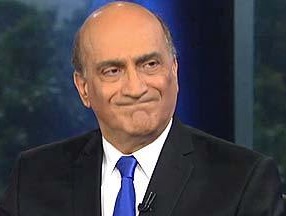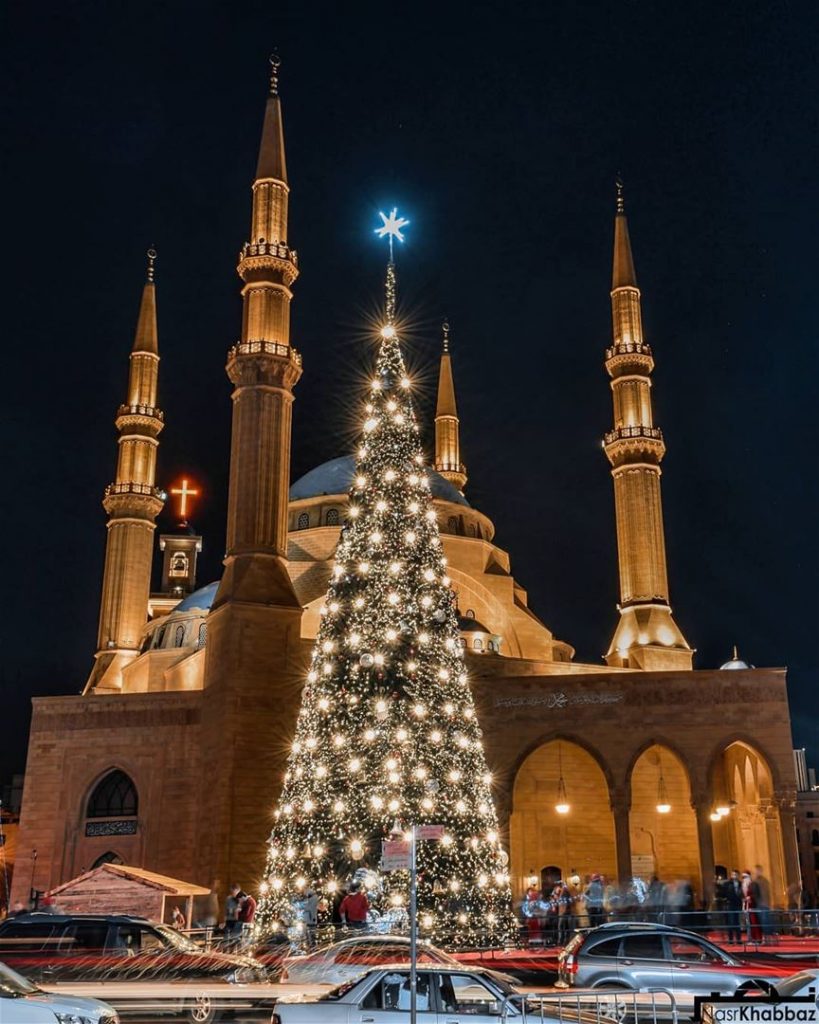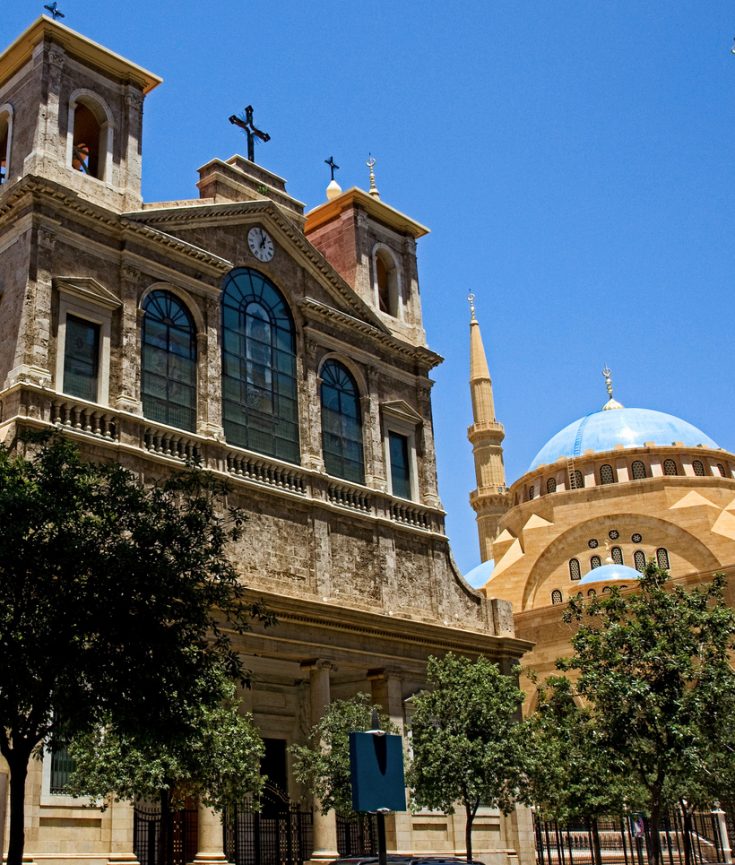
By: Prof.Walid Phares

Prof. Walid Phares
In fact, multiculturalism as applied to the human community that forms the Lebanese citizenship is simultaneously simple and complex.
The factual multiplicity is complex because its composing elements are numerous and diverse. The factual multiplicity is simple because it stems from clear and evident roots that can be easily separated from any secondary suspicious facts that mingle or interact with it. If we observe objectively the basic transformations that have taken place within the Lebanese environment, we find that the prime mover of these transformations is the presence of two main communities on the territories of what we call the Lebanese Republic.
The two basic communities are Christianity and Islam; or, in more clear terms, the Christians and the Moslems. Evidently, we cannot speak about multiculturalism unless we have, at least, two basic communities.
If we complete our objective observation, we find that this prime mover, that is, the presence of two communities on a specific land had interacted for hundreds of years according to a single pattern and in a one manner: each community wishes and tries to live according to its own distinctive visualization.

Thus, to properly understand the reality of this event and continue with a fair and serious scientific research, we must review its history. The engine cannot run without its fuel; that is without Islam and Christianity. We can watch the running of the engine through history by reviewing the history of Christianity and Islam.
What we are concerned with here is the history of the two communities from the time they met in our area, and on our land in particular, and not the separate history of each community over the ages.
We consider that the spread of Christianity in the East started in 64 A.D. But it was not established in the Old World that includes our area until the end of the third century when Christianity was declared by the Roman Emperors as the official religion of the state. Christianity survived in the Mediterranean world and spread to Europe for centuries.
Islam came from the Arabian Peninsula in the seventh century and was immediately confronted with Christianity in the East.
Thus, the established date of their meeting in our area is since thirteen centuries, that is, since the Arab occupation of the Middle East. The birth of Multiculturalism in Lebanon may be considered a result of this meeting.




